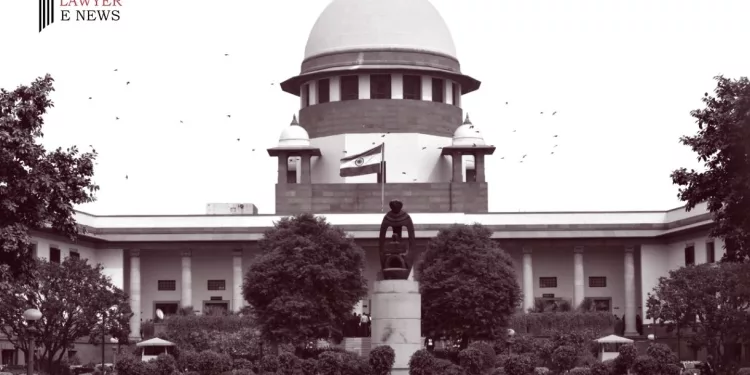Unexplained Non-Examination of the Scribe Renders Dying Declaration Doubtful – Restores Acquittal: Supreme Court

In a significant ruling, the Supreme Court of India has restored the acquittal of several individuals convicted by the Karnataka High Court for offenses under various sections of the Indian Penal Code (IPC). The apex court, in its judgment dated November 6, 2023, underscored the unreliability of the dying declaration due to the absence of testimony from the scribe who recorded it.
Justice Abhay S. Oka and Justice Sanjay Karol, who presided over the appeal, pointed out critical gaps in the prosecution’s case, particularly concerning the dying declaration which played a pivotal role in the convictions. “The dying declaration, although undoubtedly a substantive piece of evidence upon which reliance can be placed, in the present facts is rendered nugatory as the person who took down such declaration was not examined,” the bench observed.
The appellants had been convicted by the High Court after the trial court had acquitted them due to inconsistencies in eyewitness testimonies and circumstantial evidence. The Supreme Court noted that the High Court had not provided cogent reasons for reversing the acquittal and had failed to appreciate the severity of the allegations to the full extent.
The apex court meticulously analyzed the testimonies and evidence presented during the trial, highlighting that the eyewitnesses did not reliably attribute specific roles to the accused. The evidence led was categorized into various heads, including ocular, dying declaration, circumstantial evidence, and recovery of incriminating material, none of which conclusively pointed to the guilt of the accused.
“Our conclusions, therefore, are thus,” the Supreme Court stated, “the circumstantial evidence present on record does not point to the hypothesis of the guilt of the accused persons, for the reasons discussed above.”
Additionally, the court raised concerns over the recovery of the alleged weapons, questioning their linkage to the crime due to their discovery in public places accessible to many.
The Supreme Court’s decision to set aside the High Court’s judgment and restore the trial court’s acquittal has reinforced the principle of the presumption of innocence in the Indian judicial system. The court directed the refund of fines paid by the accused and discharged their bail bonds, effectively closing a chapter on a legal battle that spanned several years.
This landmark judgment reiterates the crucial role of meticulous judicial scrutiny and the high evidentiary standards required for convictions in criminal cases.
Date of Decision: 6 November 2023
MANJUNATH & ORS. VS STATE OF KARNATAKA






